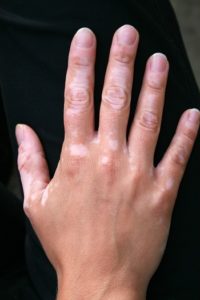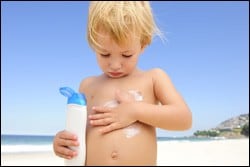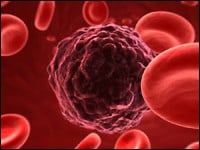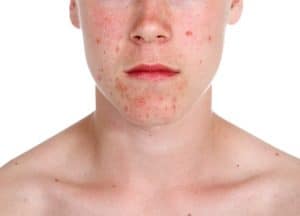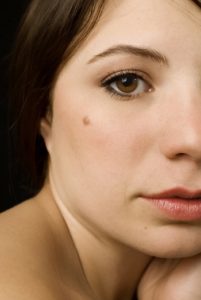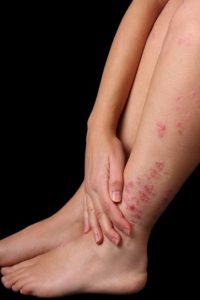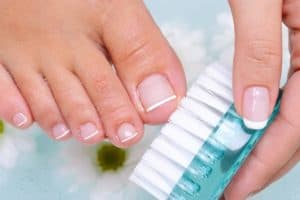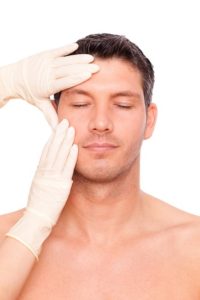What are hives? What are the symptoms?
Also referred to as urticaria, hives are characterized by an outbreak of red bumps that suddenly show up on the skin. Hives can appear anywhere on the body and often cause itching, burning, and stinging. Some may be small, while others might form alongside other bumps to create larger swellings.
What causes hives?
The most common causes of hives are foods, medications, and infections. It can also trigger by insect bites. Foods that often bring about hives include dairy, fish, nuts, and eggs. Medications such as aspirin and other overthecounter antiinflammatories like ibuprofen have also been known to cause it.
There is another form known as physical urticaria, which is triggered by and external physical factors such as cold, pressure, heat, exercise, or sweating. This variety of hives usually appears within an hour after contact with one of these elements.
Are hives dangerous?
The majority of hives outbreaks are not dangerous however if you also experience dizziness, problems breathing, swelling of the face, or tightness in your chest, then you should call for emergency assistance immediately! These can be signs of a lifethreatening allergic reaction.
How to treat?
If you know what might be triggering your outbreaks. The best thing you can do is remove the trigger right away and avoid it as much as possible. Some people are able to take overthe-counter antihistamines like Benadryl to help relieve the itching. However, those with chronic may need to take a stronger antihistamine in combination with corticosteroids.
If you experience a severe outbreak, an epinephrine injection will need to be administered right away. Again, seek medical attention immediately!
To help relieve symptoms until it goes away. You can also apply cold compresses to the areas to help ease any burning or itching. Also, keep your bedroom and living space cool and opt for roomier clothing that won’t rub against the infected areas and exacerbate itching.
How long do hives last?
Some cases of hives clear up in only a few hours, while some can last for a full day before starting to fade.
If you are dealing with a nasty bout that overthecounter remedies don’t seem to fix, then it might be time to talk to your dermatologist about other treatment options.




